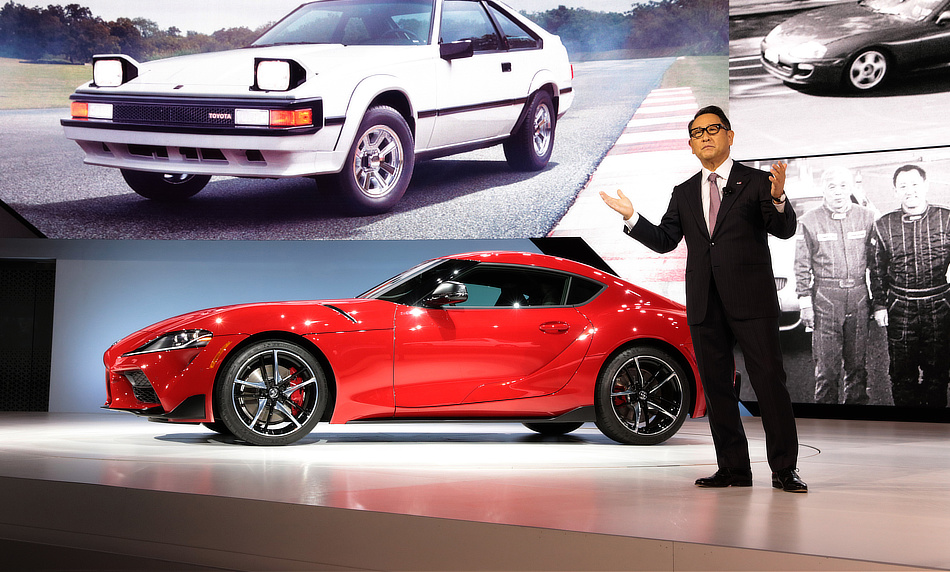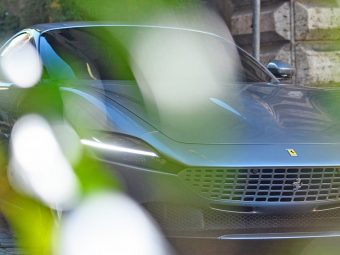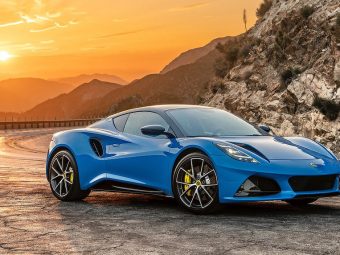Toyota doesn’t have an EV strategy because it doesn’t want an EV strategy, it’s that simple. In private Toyota wants to keep alive the combustion engine era through petrol-hybrids and is not that enthusiastic about battery-powered cars. The company has invested in hydrogen fuel cell cars, to sit alongside petrol hybrids, believing it to be a more viable and greener alternative to battery cell cars. Toyota’s interest in hydrogen fuel cell cars is motivated by the Japanese government which envisions a country powered by a hydrogen fuel infrastructure as the way forward to an ultra-clean electric future. Government subsidies are also another factor for keeping Toyota interested in pursuing the hydrogen path.
Hydrogen is the most abundant fuel source in the universe but it is extremely inefficient to produce and doubts exist as to the viability of storing such a combustible element. Hydrogen, stored at ultra-low temperatures, can leak and when it does it is invisible to detect with the human eye. Issues surrounding the safety of hydrogen didn’t deter Toyota from its single-minded approach. However, the company didn’t factor in the “Tesla effect” a phenomenon driven by Elon Musk one man with a vision who has, combined with mathematical logic, turned electric cars from ridicule to the mainstream.
Every manufacturer is switching to making electric cars, mostly because they are being mandated by governments seeking to reduce carbon emissions. Witnessing Tesla’s stock valuation rise is another factor, Tesla is worth $400BN more than all the other legacy car manufacturers combined. Tesla views itself as a software company first, while the legacy car manufacturers are stuck in this sliding door world of yesterday not being quite today.
And it is under this cloud of legacy thinking that has finally awakened Toyota’s executives to actually plan for an EV future if they want to compete with Tesla. Toyota is said to be rebooting its planned $38BN EV investment suspending work on current projects. It is highly likely Toyota will abandon its fixation on hydrogen fuel cells and go full battery electric. Toyota planned on the assumption that EV sales would not take off for decades.
With the auto industry investing a combined $1.2 trillion in EV technologies, Toyota has finally decided to join the electric car bandwagon. To change strategy so suddenly is a clear sign that Toyota is panicking. The irony is that Toyota invested and partnered with Tesla a decade ago but concluded Tesla’s technology was no threat to its core business. Toyota eventually sold its Tesla shareholding in 2017.
Even though 5 years have elapsed, a lot has changed and Toyota has seen that the change is now unstoppable and is racing to the horizon before the sun sets.








